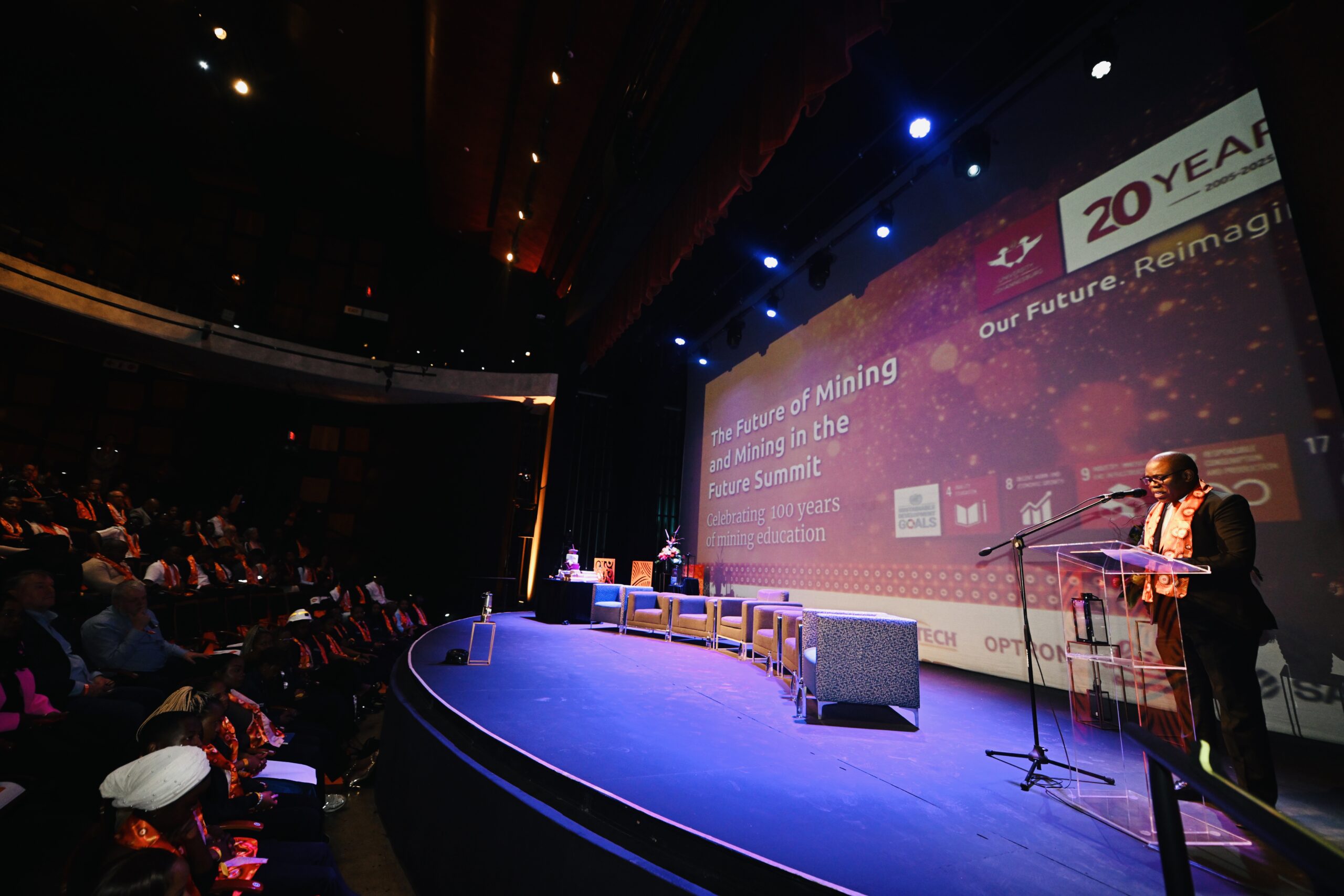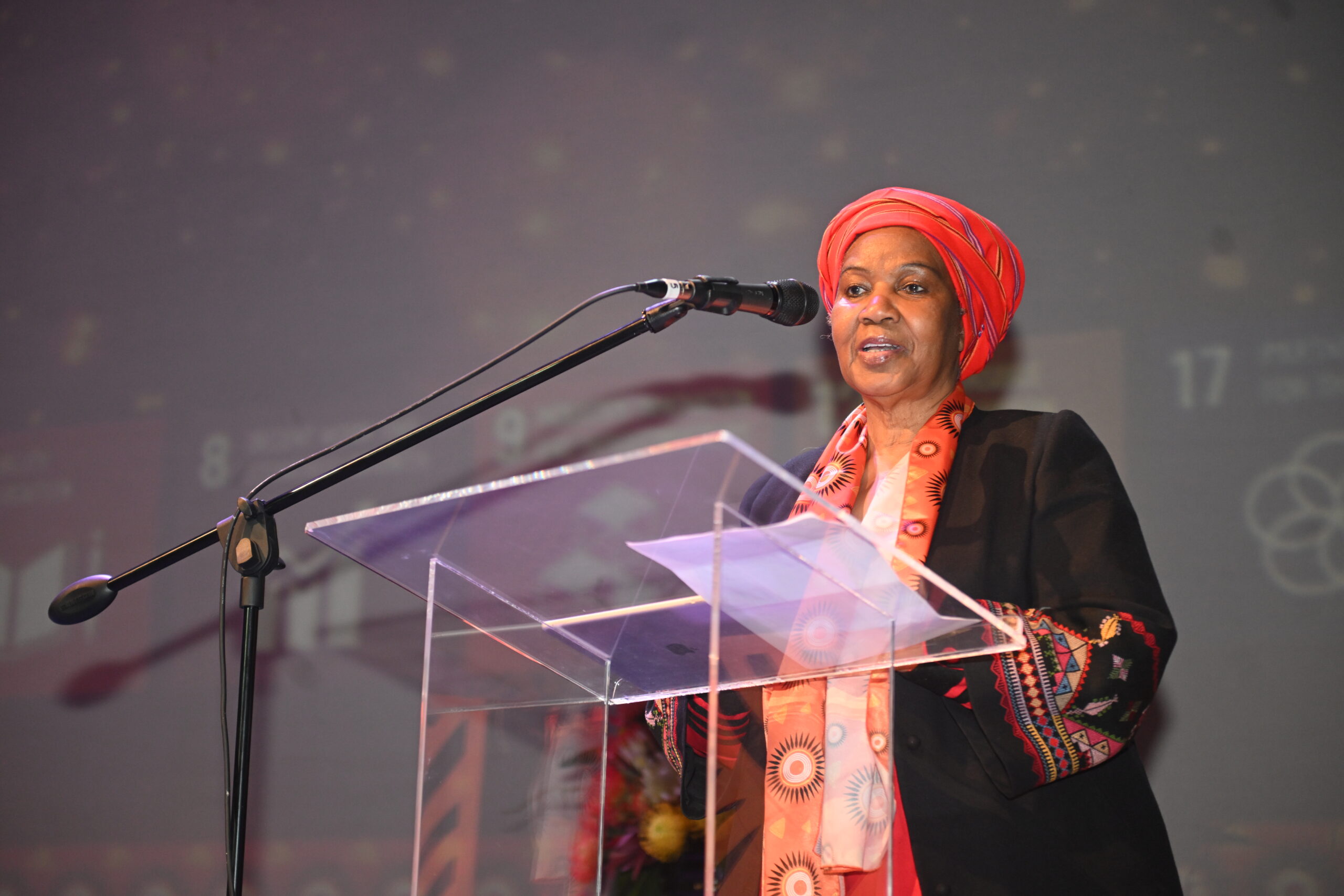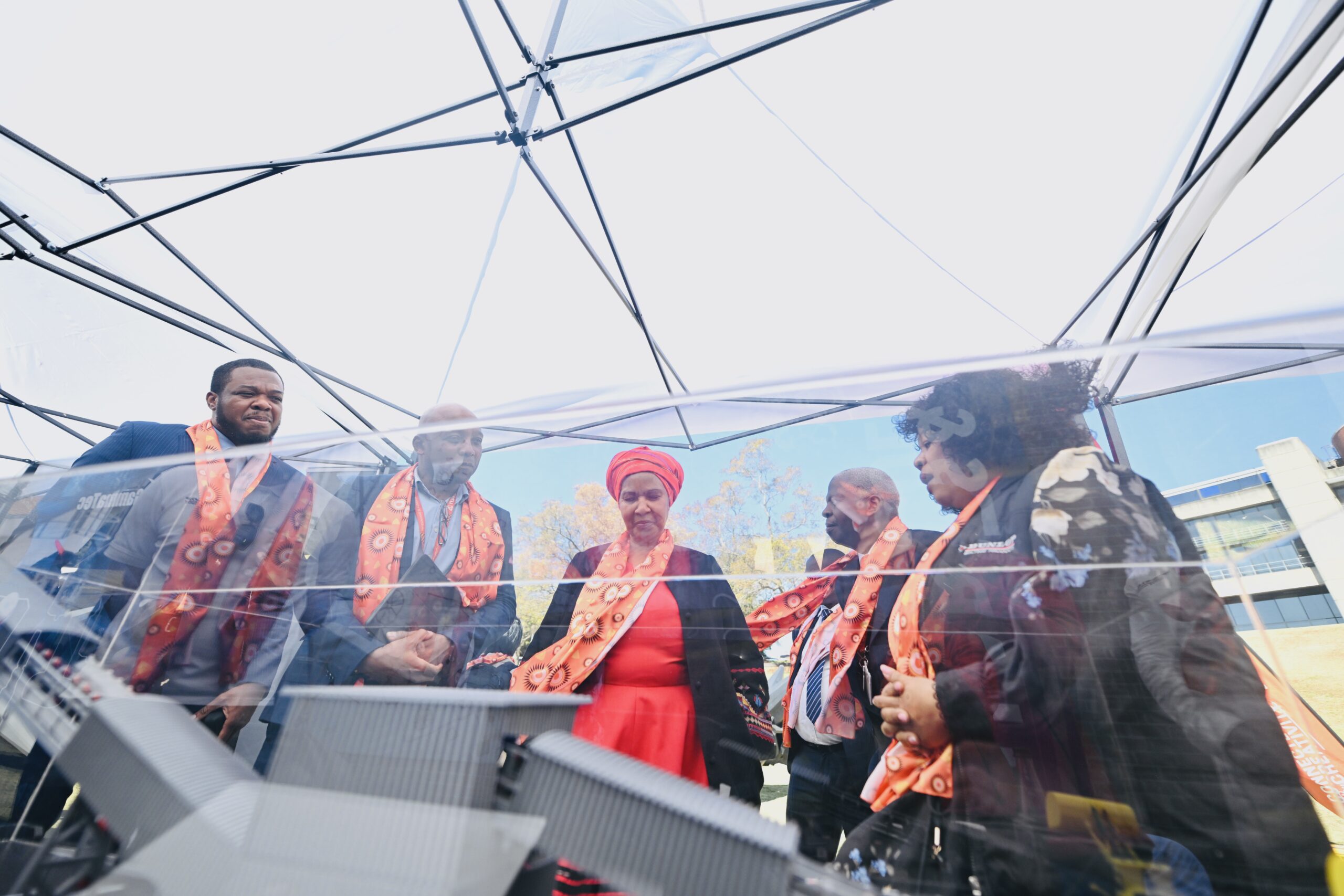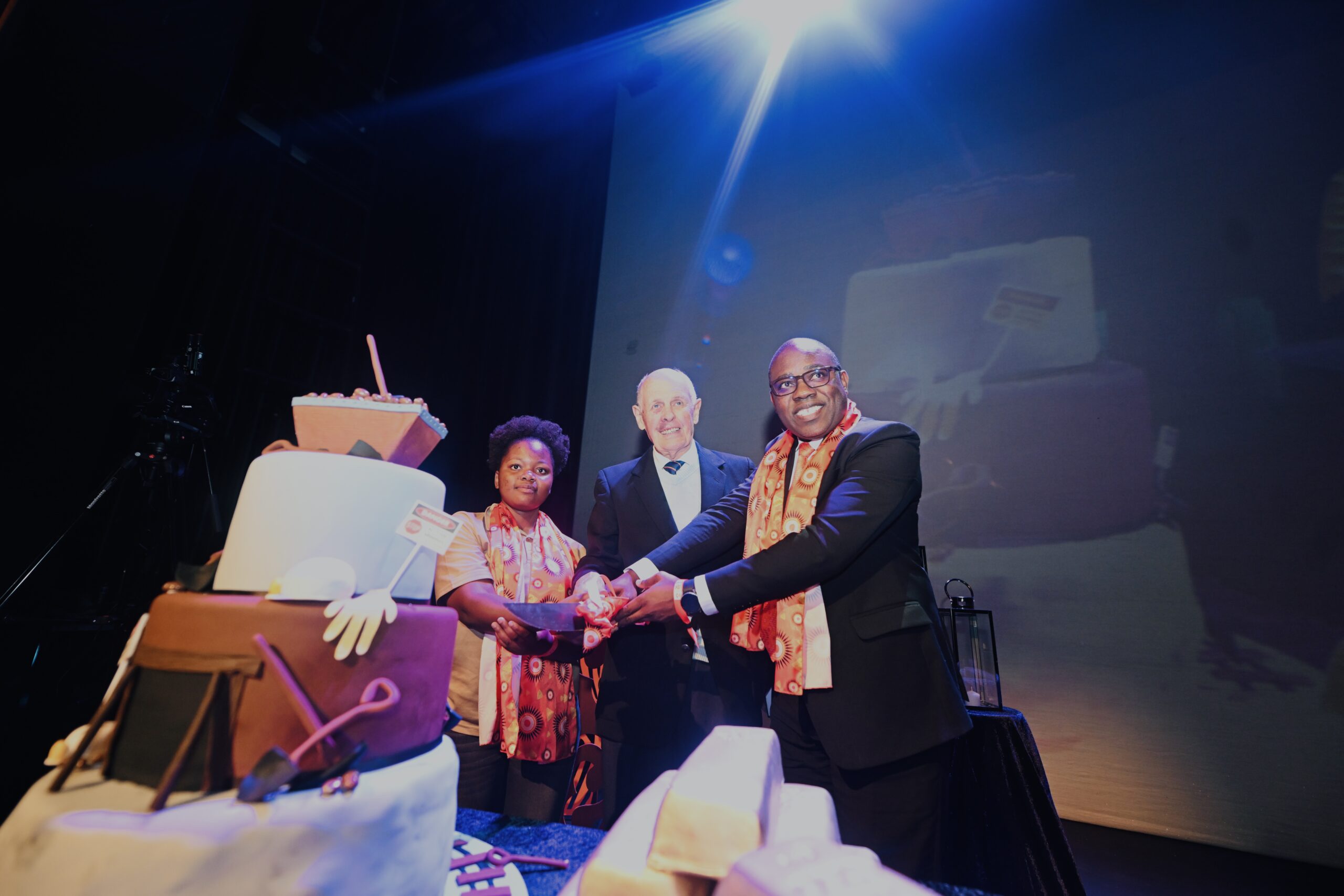The University of Johannesburg (UJ), as part of its 20th anniversary celebrations and in recognition of the 100-year legacy of its Mining School, hosted the Future of Mining Summit 2025.
Mining has long been a cornerstone of South Africa’s economy, yet it faces a rapidly changing landscape shaped by environmental challenges, community demands, and the need for economic diversification.
The summit, which took place on Friday, 22 August , brought together policymakers, industry leaders, investors, researchers, and community representatives to address these issues.

Giving a keynote address, UJ’s Vice-Chancellor and Principal Professor Letlhokwa Mpedi reflected on the importance of charting a course towards the future.
“Our connection to the origins of engineering and mining education in Johannesburg runs even deeper tracing back over 125 years to the school of mines established in Kimberley in 1896 amid the diamond rush. This institution later relocated to Johannesburg evolving into the Technikon Witwatersrand, one of UJ’s founding pillars. It was here that mining education took route.
The Department of Mining Engineering and Mine Surveying now celebrating its 100th year inherits this legacy having trained generations of professionals who have powered South Africa’s industrial growth.”
He encouraged industry players and traditional leaders to work together to bring tangible solutions for the challenges facing society.
“We are witnessing major socio-economic and geopolitical changes reshaping the mining landscape. Geopolitical turbulence dominates the sector.
Urbanisation and technological advancement amplify demand for critical minerals while conflicts and policy shifts create uncertainty.”
South Africa’s draft Mineral Resources Development Bill seeks to extensively amend the Mineral and Petroleum Resources Development Act, 2002 (MPRDA). It aims to improve regulatory certainty and investor confidence while strengthening transformation, including formalising artisanal and small-scale mining, enhancing community consultation, and regulating co-mined minerals.
“Africa is increasingly viewed as a powerhouse of mineral wealth essential for the green economy. The narrative is shifting from extraction to beneficiation and value addition.
Promoting ethical supply chains and integrating communities into decision making will ensure mining benefits all, not just a few.”
He added that South African academia had a crucial role to play in advising the government on these issues by providing evidence-based expertise on energy transitions and green minerals.
“Our commitment to ethical conduct, community engagement and societal change aligned with the SDG’s position to guide mining toward equity and sustainability. May the next 100 years be even brighter, driven by innovations and our shared values.”

UJ Chancellor Dr Phumzile Mlambo-Ngcuka reflected on the centenary and congratulated the students past and present who will provide their insights to the industry.
“In South Africa, the mining industry is an important industry providing us with jobs, strengthening our economy, providing us with products that are needed for sustenance and the critical minerals we need for a different future.”
She highlighted the importance of being ready to do the work in order to be ready for the future.
“The industry is facing challenges that come with climate change, technology, geopolitics and the brutal trade war and extortion targeted at poorer countries. We have a role as an academic institution to convene with academics, practitioners and students to discuss the critical issues of the industry and the changes that can be made.”
Dr Mlambo-Ngcuka stressed the fact that Africa was a rich continent with poor people because of bad decisions made on their behalf.
“After 100 years, there has to be a change. Mineral wealth in Africa forms a fraction of what is possible and many of these funds, derived from the benefits of mining, have gone on to build strong energy economies. There is a lot of work to be done. Uncomfortable questions must be asked, direction must be given, data must be provided and collaboration is key to make sure the next 100 years are much better.”

Keynote addresses were given by Mr Tseliso Maqubela, Deputy Director General in the Department of Minerals and Petroleum Resources; Mr Maxwell Gomera, Resident Representative for UNDP South Africa and Director for the UNDP Africa Sustainable Finance Hub and Mr Mike Teke, former UJ Chair of Council and CEO of SERITI.
Panel discussions explored the development of critical minerals essential for global technologies, the push towards sustainable mining practices, and strategies to empower communities affected by mining activities.
Prof Hennie Grobler, Head of Department, Mining Engineering and Mine Surveying (MEMS) reflected on the 100 years of mining education and advancing mining excellence, highlighting UJ’s role in shaping a sustainable future.
He explained how advances in technology required mineral demand to drive them.
Professor Daniel Mashao, Executive Dean of the Faculty of Engineering and the Built Environment (FEBE) spoke about the relevance of mining and mining in the future.
“Mining is temporary but our future is permanent and as a continent we have a second chance to protect our futures. The critical minerals offer us that second chance. We want to be inclusive as we move to a future reimagined.”

Prof Mashao added the faculty will be engaging and collaborating with industry and will have another summit.
To mark the celebrations a birthday cake cutting and “passing of the torch” ceremony took place with PDK Robinson – the oldest alumnus and the youngest current mining student.
Prof. Refilwe Phaswana-Mafuya, Deputy Vice-Chancellor Research and Innovation, closed the event with a vote of thanks.
“As a country we have a challenge to do a lot more to safeguard these resources. We applaud all the miners who work hard to make this country work.”
Watch the highlights below:



